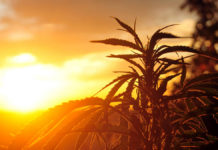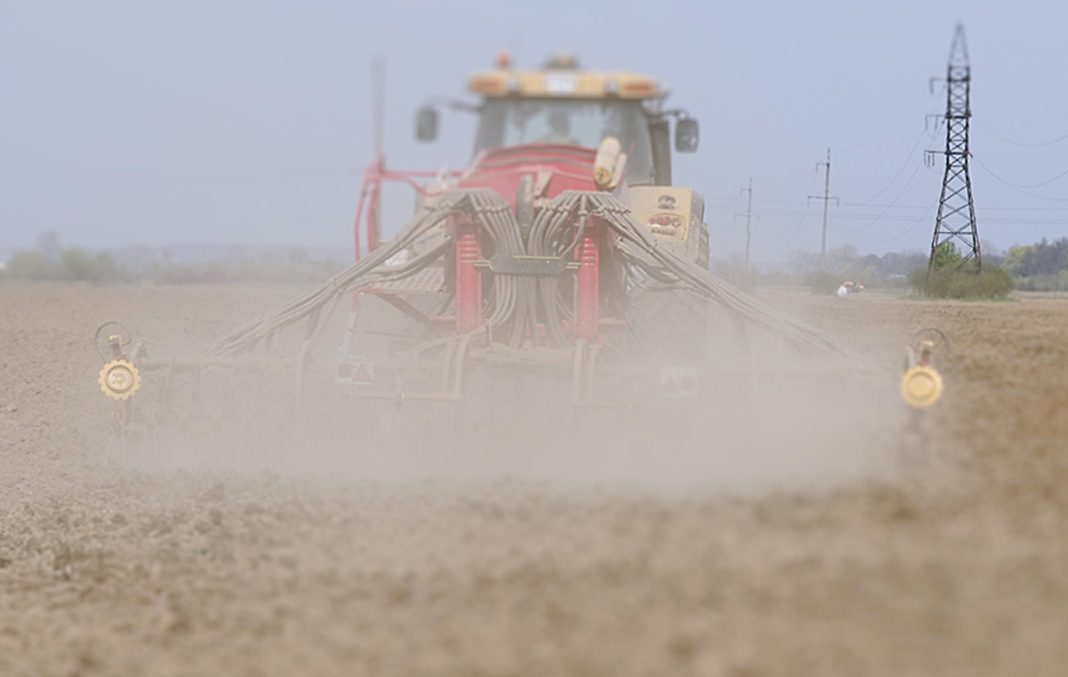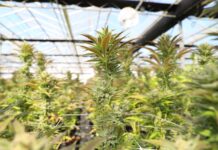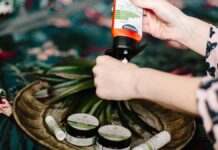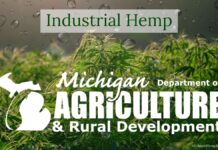“Didja’ hear about the fire at the hemp factory? The fire department gave it — AHEM — high priority!”
For going on a century, Americans spoke of hemp in the same breath as marijuana. Both were for joking, smoking and getting arrested. And both were made illegal by the U.S. Congress in 1937.
Yet, although marijuana and hemp come from the same plant — called cannabis sativa— they’re not the same. Traditional hemp can’t intoxicate a flea, and it has a long history as staple farm crop. Early Americans made hemp into everything from rope and cloth to animal feed and soap.
Now, as marijuana gains acceptance, hemp is quietly creeping back onto store shelves. Much of it comes from Canada, where hemp has been legal to grow for 20 years.
But Michigan farmers can’t grow a single stalk of hemp, not without running the risk of being raided by drug agents, said state Rep. Dan Lauwers, R-Port Huron.
Lauwers notes that he’s no fan of easing the war on drugs and he was just rated on June 1 as being in the top 90th percentile of conservative Michigan lawmakers by the American Conservative Union. Still, the House majority floor leader holds a degree in agricultural economics – Lauwers runs his family’s grain elevator in St. Clair County – and he’s adamant about letting American farmers grow a crop that he insists has no potential for substance abuse.
“I’m just about to introduce a bill that would make this legal to grow in Michigan,” he said last week.
Until state laws changes, in Michigan and elsewhere, farmers are losing out to Canadian growers like Keanan Stone, general manager of UniSeeds Inc., a hemp seed distributing company in Cobden, Ont., west of Ottawa. She and her husband, Reuben, also operate a 1,000-acre farm that produces what they call “pedigreed seed,” and they run Valley Bio Limited, which processes hemp and other seeds prior to their sale to farmers.
“We grow probably the bulk of the hemp seed used in eastern Canada,” Keanan Stone said. Lately, their business has been exporting hemp seed to the U.S., for use at research programs in New York, Vermont, Pennsylvania, Minnesota and Washington state. Actual hemp farming remains illegal in those states.
“I don’t think that we’ve had any inquiries from Michigan,” she said, adding: “There’s lots of really neat things that you can make out of hemp, new innovations like biodegradable plastics and super-capacitors.” Super-capacitors are expected to replace batteries in electric cars, as they can be recharged in an instant, and research at Canada’s University of Alberta showed that hemp fibers can boosting the power of super-capacitors, according to on-line research reports.
At Michigan State University, renowned for its agricultural research, a spokesman said in mid-May — as the semester ended and professors left town — that he was unaware of anyone conducting research on hemp.
“We’re the only industrialized nation that doesn’t allow growing this,” said Tom Moylan, spokesman for the Hemp Industries Association in Washington, D.C., which has designed today through Sunday as Hemp History Week.
Citing stories of hemp being raised by the Pilgrims, George Washington and countless other American farmers well into the 20th century, Moylan said rural folks of yore knew that hemp not only gave them a valued crop but also a surprising bonus – and not about getting high.
“Hemp actually pulls nutrients from the air and puts them into the ground, and the roots break up the dirt for natural aeration, so you end up with better soil after every crop,” Moylan said. His news release added this farm-friendly tongue-twister: “Pollinators thrive on the proliferous pollen created by hemp plants.”
Some claims made for hemp are so sweeping, they sound like something said by, well, a stoner: “Hemp eats radiation, cleans toxic metals from soil” is the headline on the online Tap Blog…read more
Article from Detroit Free Press – Read the rest here
Detroit Free Press
Published 6:00 a.m. ET June 4, 2018
Contact Bill Laitner: blaitner@freepress.com





